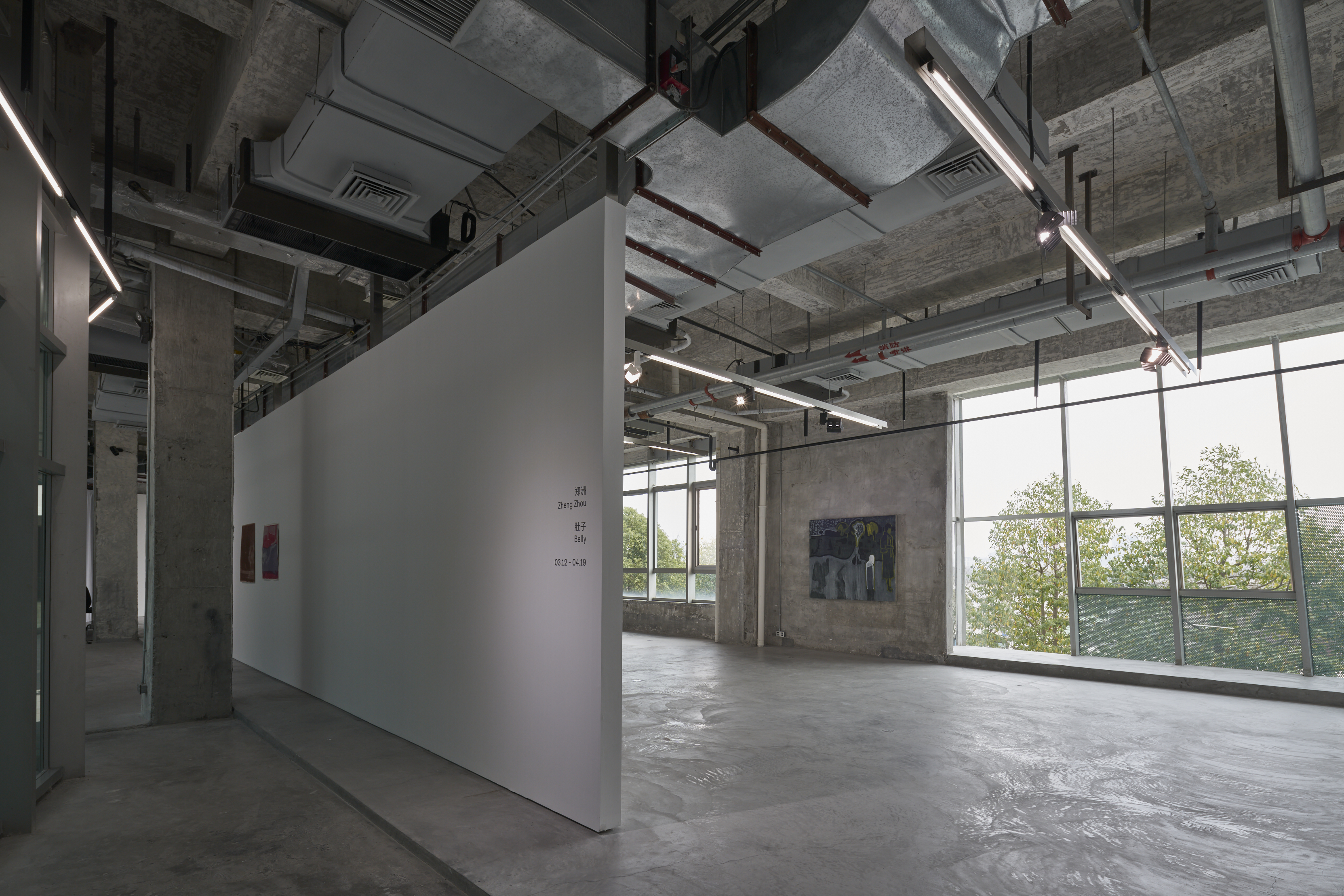The way we see things is quite awkward, almost like peeping. Our glances cannot attract any attention from the subjects. As we look from the perspective of the shadow, they seem grand, indifferent, and coated with a layer of holy light. We become some useless attachments to them.
As shadows, our perception of light is precisely the opposite — a moonlit sky is creamy white, whereas the moon reflection on a lotus pond is solid blue-gray.
Everything is reversed. The mentions of beauty, snow, moonlight, and jade are contrary to the usual poetic depictions. They now appear filthy, scarred, like the marks of sin.
The body remains unchanged, but the way we observe them is very much like clinging infants watching their mothers without a proper distance. In this way, mothers look as incomplete as Goddesses from the Early Classical Period, and as full, plump as women in modern paintings (Les Grandes Baigneuses by Cezanne, for instance). Since only parts of the body — belly and breasts — are focused by infants, in our eyes, the naked are relaxed and contented, while the well-dressed are constrained and creepy.
The painter keeps making new moves and then giving them up. Every move, every brushstroke, is abandoned halfway. He doesn‘t want the image to be entirely the result of his actions, but rather the combination of his subjectivity and other forces beyond. Is he learning the perspective of the attached or seeking to return to the immature sensory world?
///
Zheng Zhou (b.1969) was born in Wenzhou, Zhejiang, China. A graduate from the Zhejiang Academy of Fine Arts in Printmaking from 1990 to 1994, Zheng worked at the Printmaking Department of the China Academy of Arts from 1994 to 1996. Since 2000, Zheng Zhou has been a lecturer at the China Academy of Art Affiliated High School for 10 years. Zheng relocated to Beijing where he has been working as an artist since 2013. Delineated contours, a subconscious blur of decipherable imagery and extraneous elements, a wistful expressive tide between the figurative and the abstract; Zheng Zhou is a painter of instinct, conveying onto canvas observations from the world, as ad hoc as they may be. His strokes, furtive yet decisive, depict an urgency – to grasp, to depict, to capture that mesmeric multitude of the cosmos, the ‘phenomena’ we, or more precisely he, is a witness to.
Belly Zheng Zhou
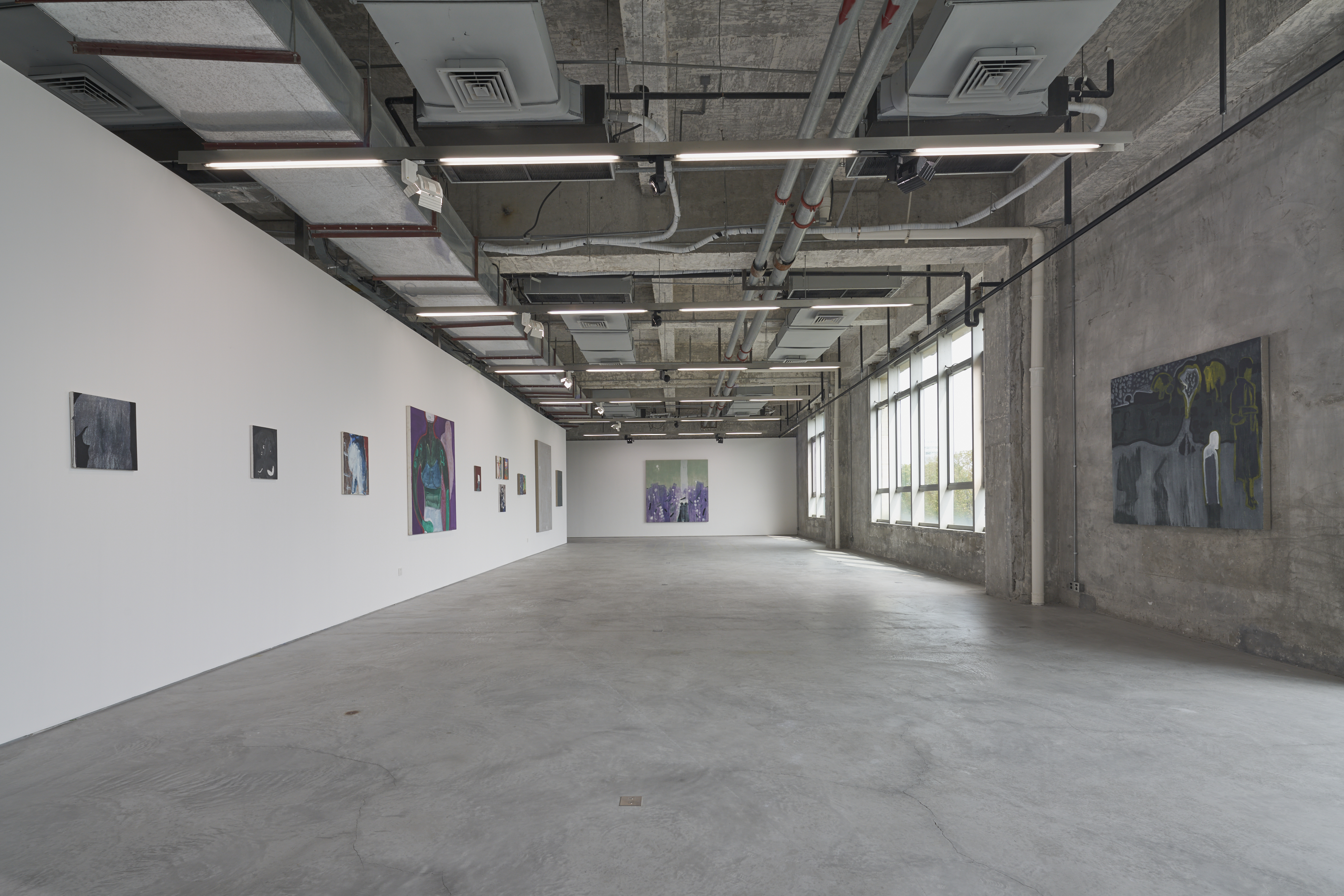
Photo by: Zhang Hong
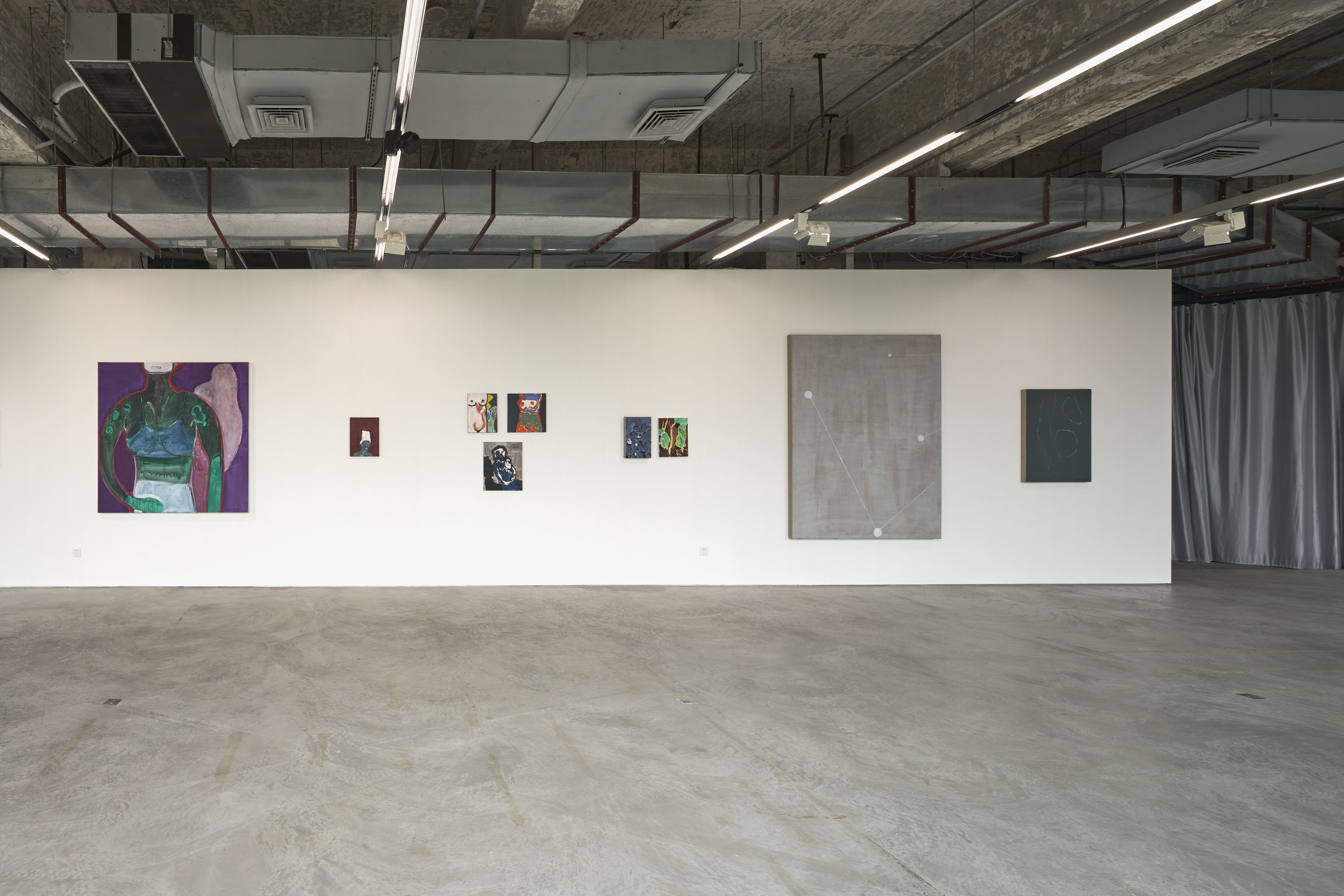
Photo by: Zhang Hong
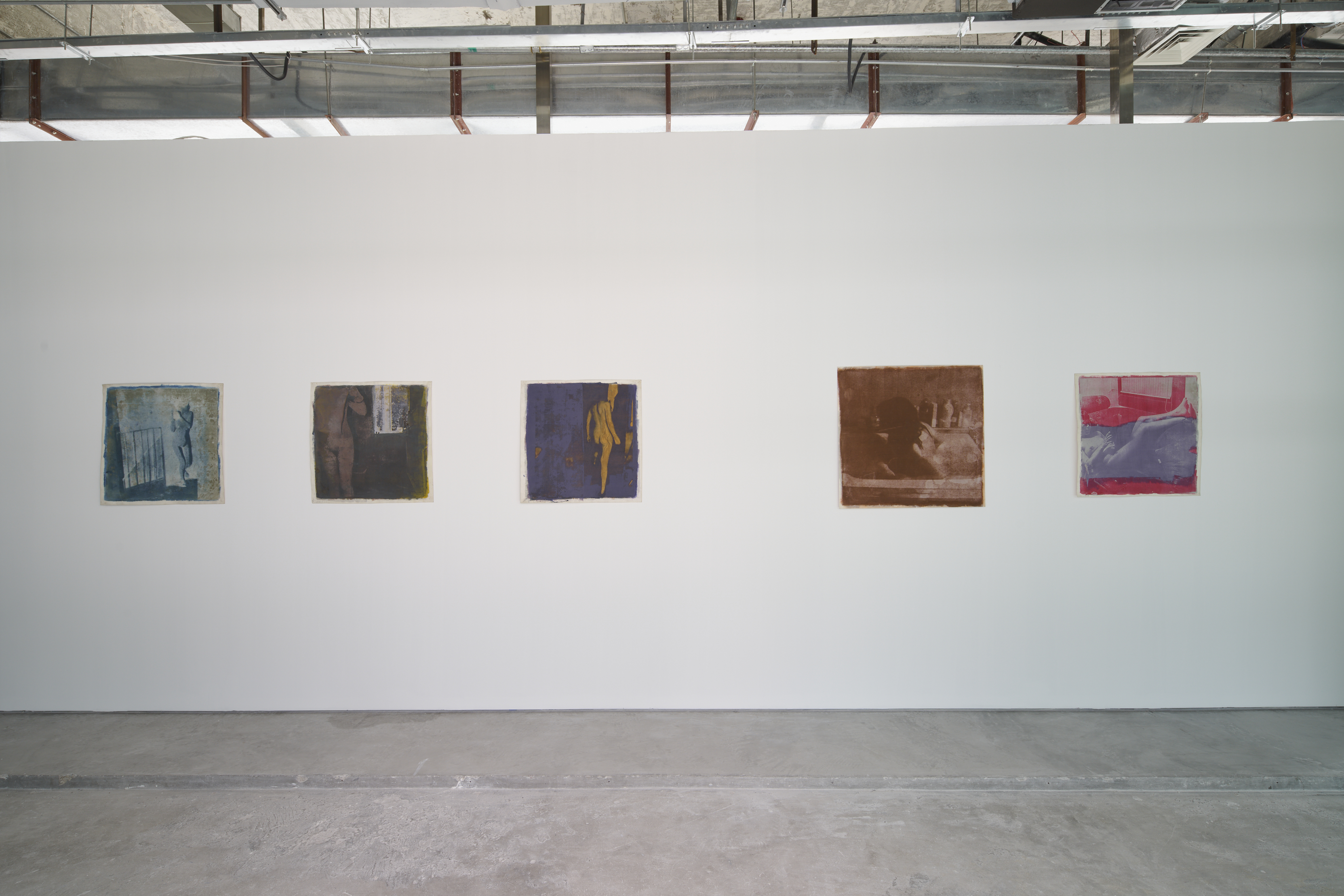
Photo by: Zhang Hong
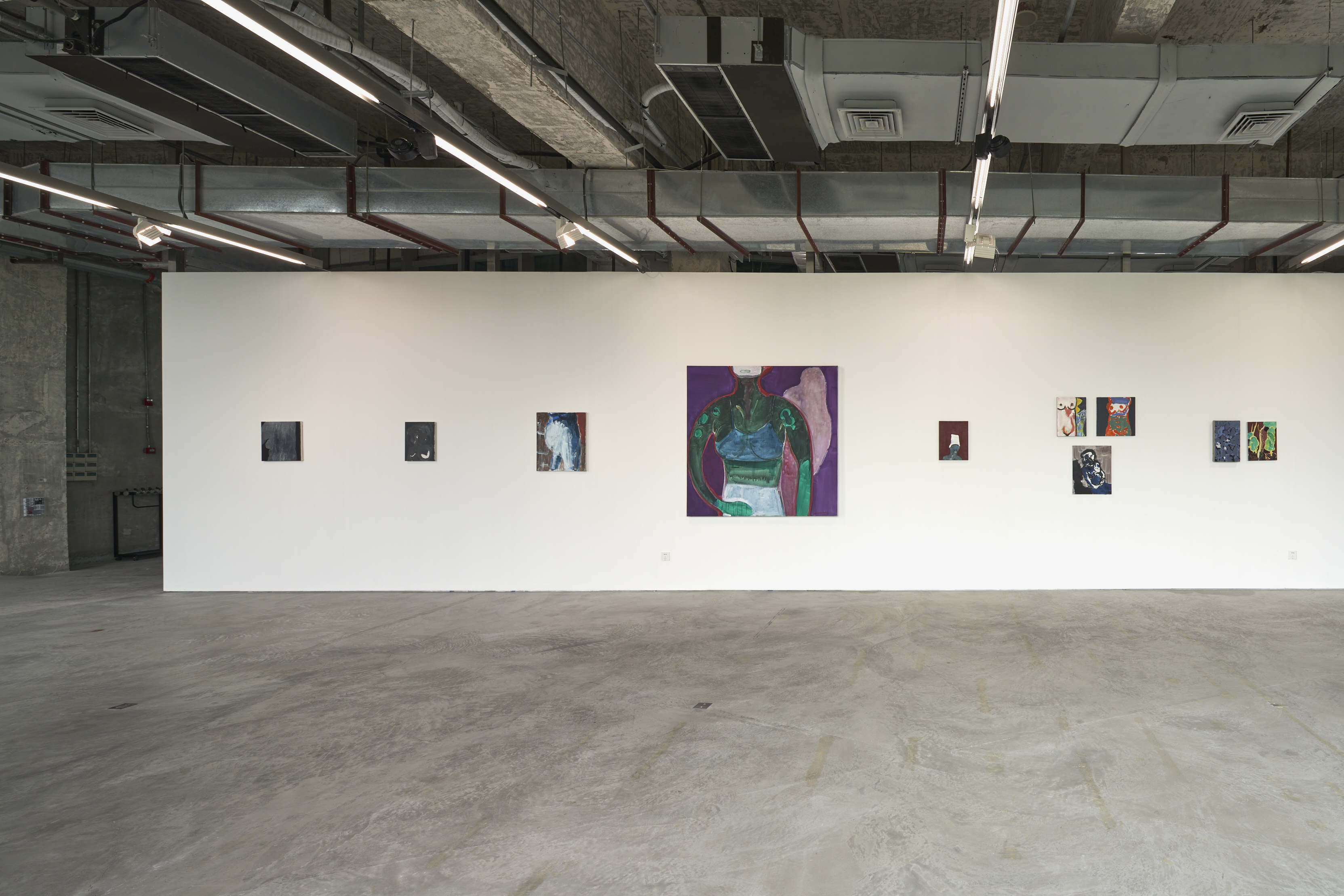
Photo by: Zhang Hong
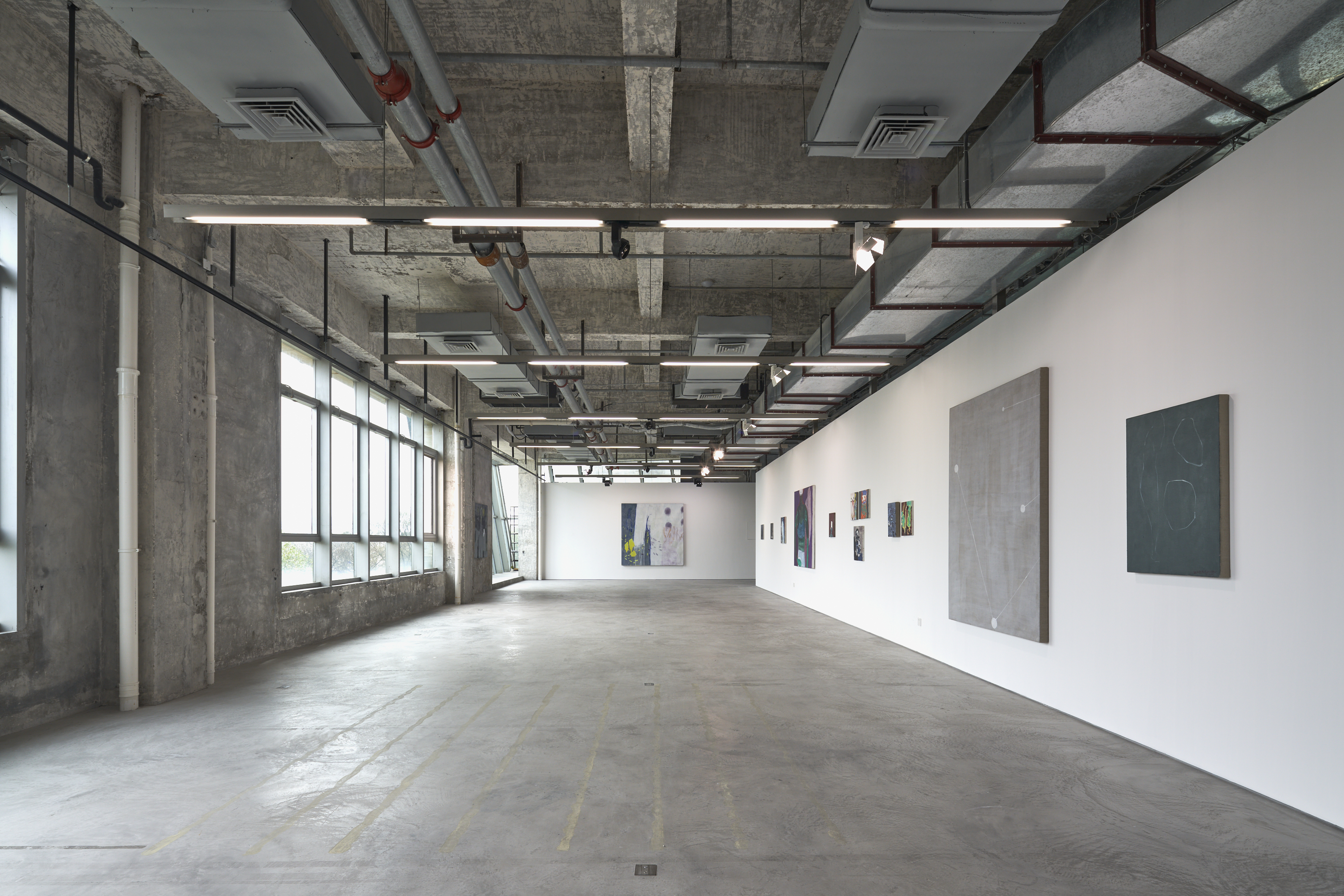
Photo by: Zhang Hong
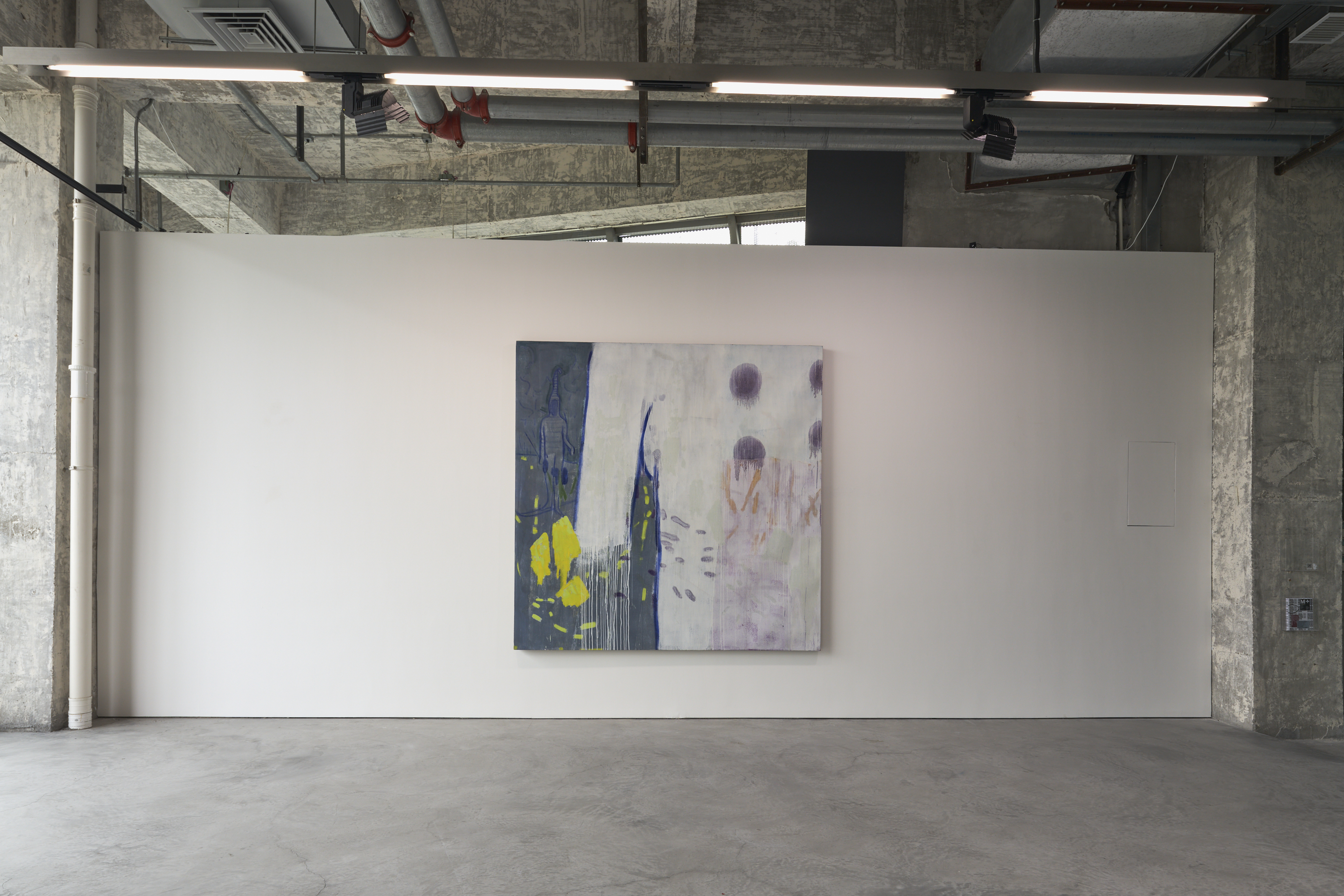
Photo by: Zhang Hong
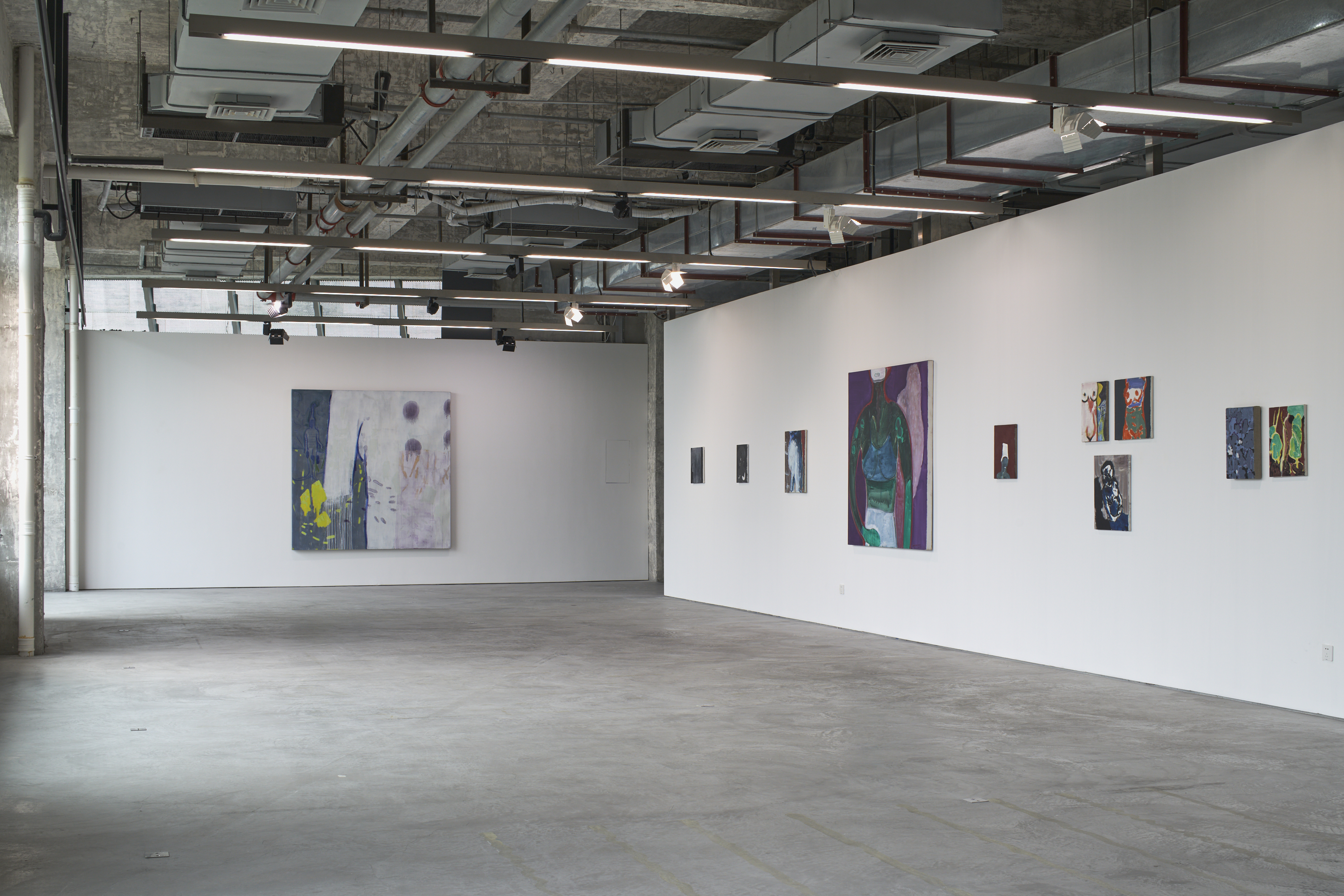
Photo by: Zhang Hong
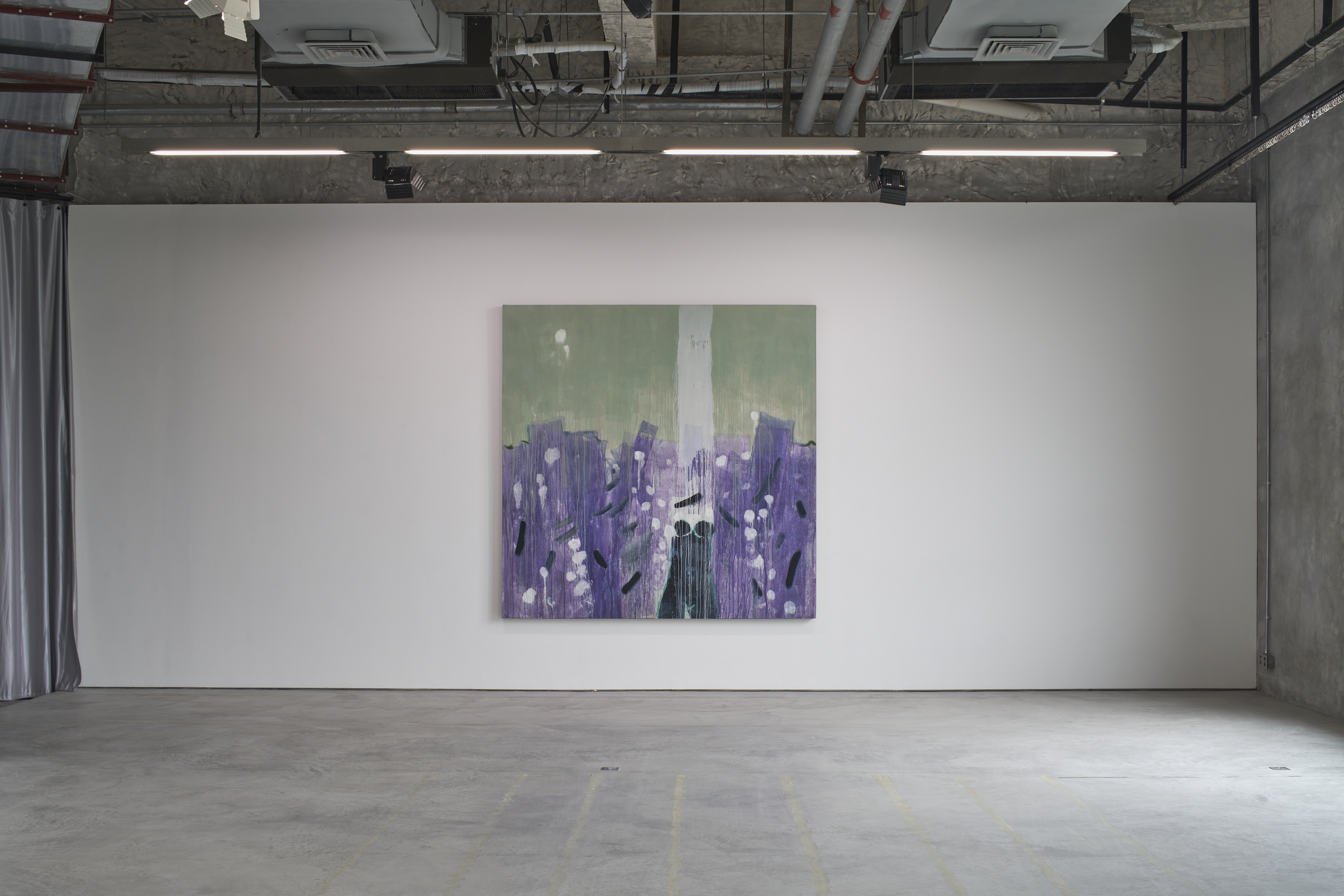
Photo by: Zhang Hong
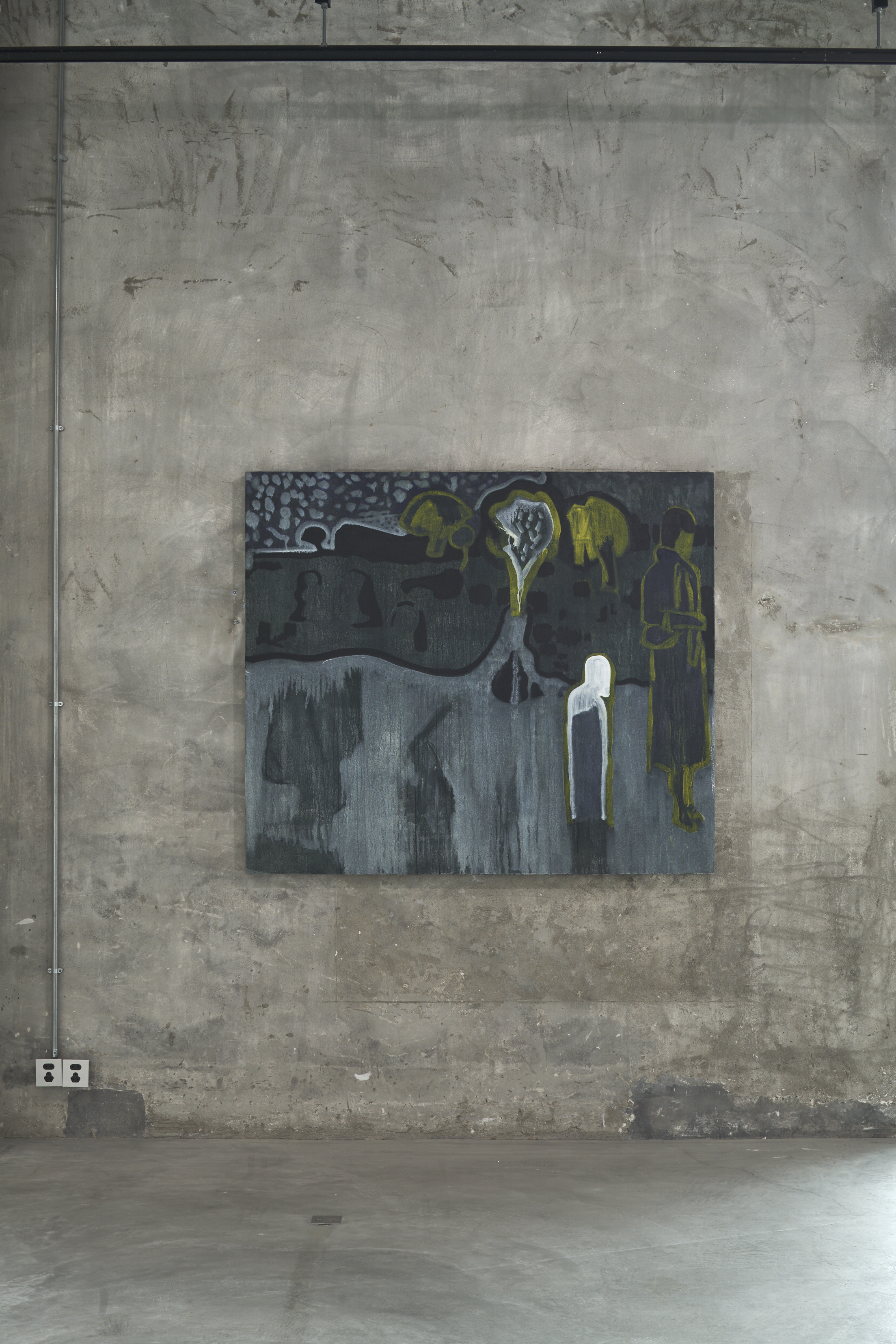
Photo by: Zhang Hong
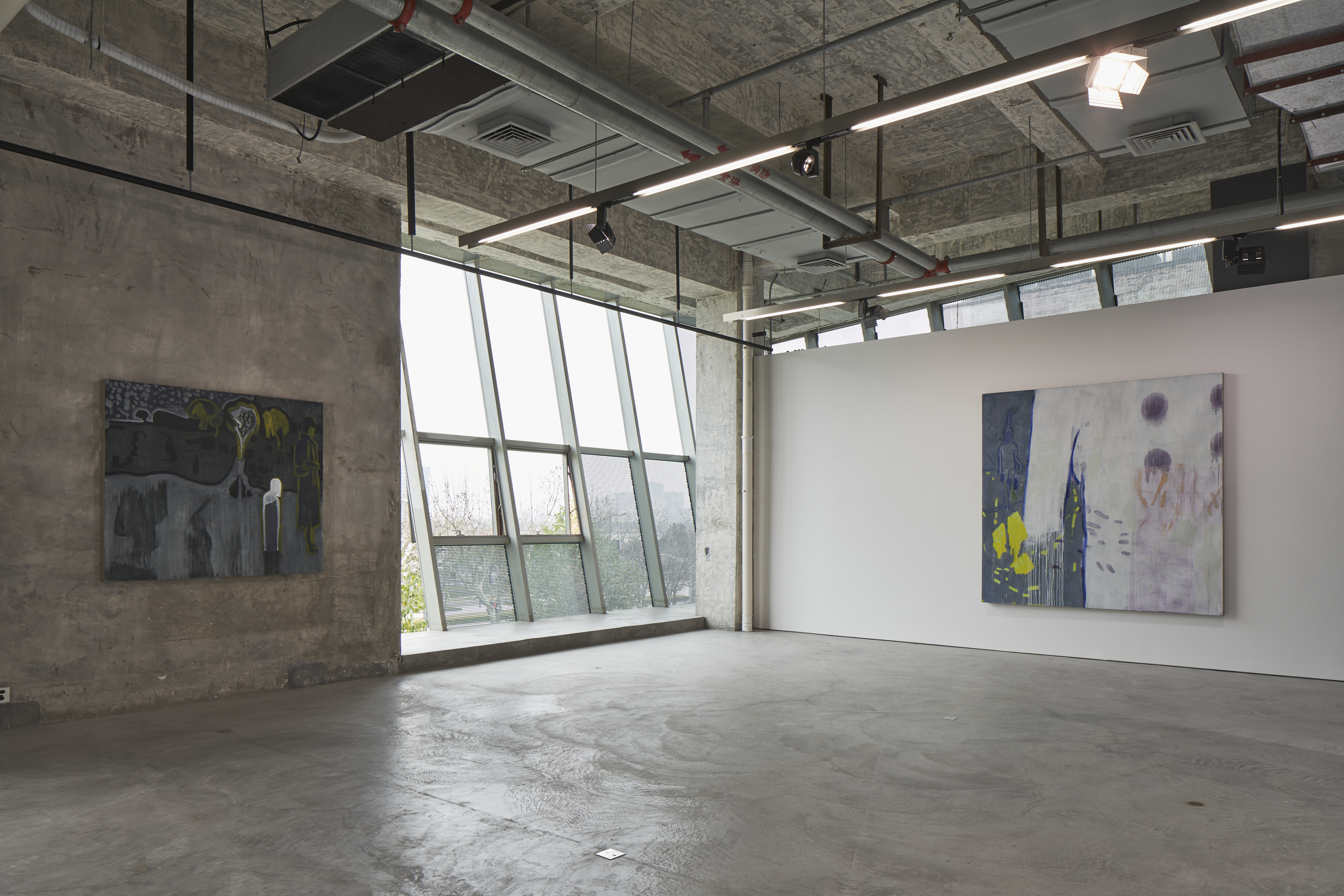
Photo by: Zhang Hong
